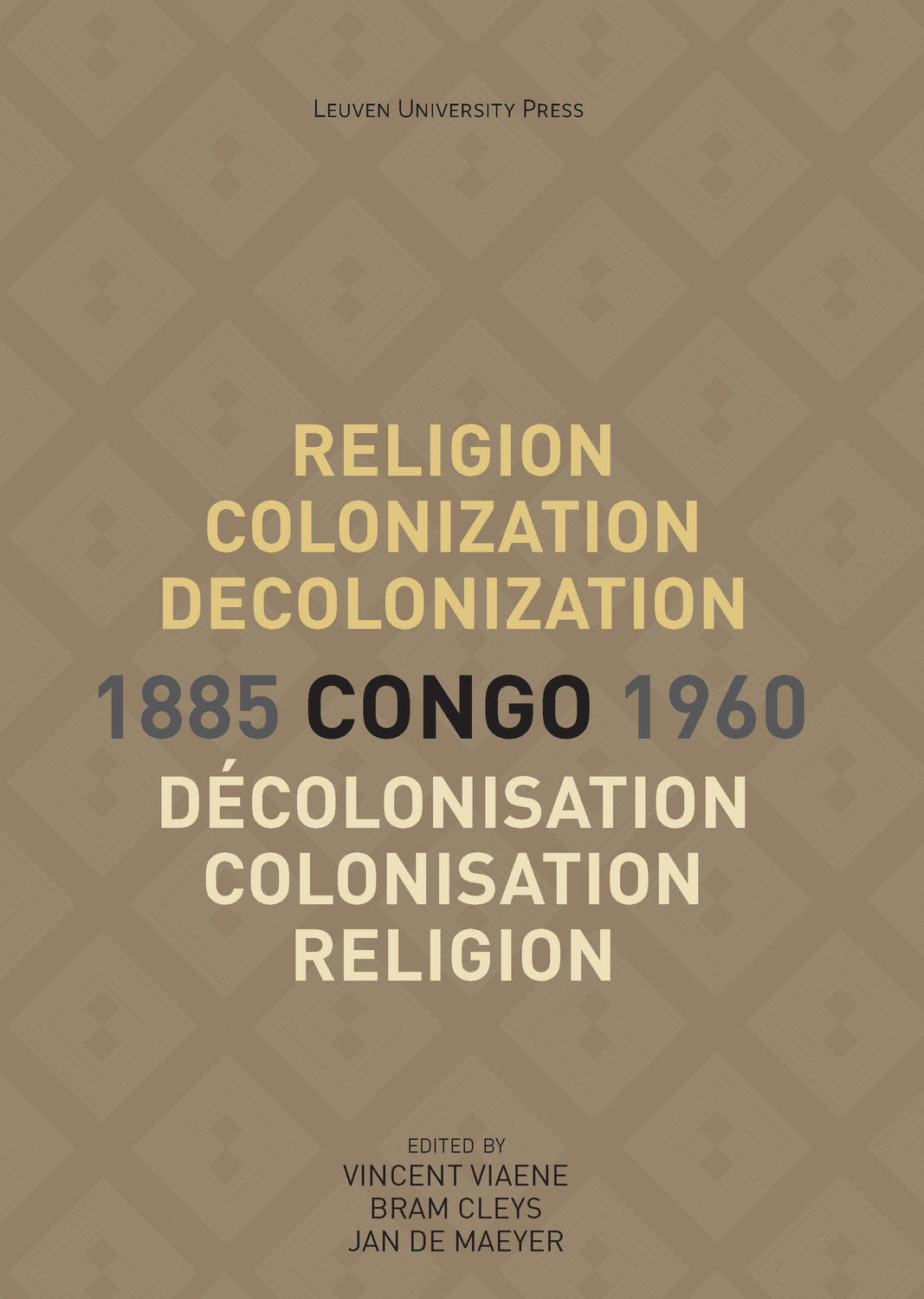Accueil > Actualités ultramarines > Vient de paraître Religion, Colonization and Decolonization in Congo, (...)
Vient de paraître Religion, Colonization and Decolonization in Congo, 1885-1960. Religion, colonisation et décolonisation au Congo, 1885-1960 sous la direction de Vincent Viaene , Bram Cleys et Jan De Maeyer aux Leuven University Press
Le 29 octobre 2020 à 10h46
Vient de paraître Religion, Colonization and Decolonization in Congo, 1885-1960. Religion, colonisation et décolonisation au Congo, 1885-1960 sous la direction de Vincent
"A comprehensive history of the interaction between religion and colonization
Religion in today’s Democratic Republic of Congo has many faces : from the overflowing seminaries and Marian shrines of the Catholic Church to the Islamic brotherhoods, from the healers of Kimban-guism to the televangelism of the booming Pentecostalist churches in the great cities, from the Orthodox communities of Kasai to the ‘invisible’ Mai Mai warriors in the brousse of Kivu. During the colonial period religion was no less central to people’s lives than it is today. More surprisingly, behind the seemingly smooth facade of missions linked closely to imperial power, faith and worship were already marked by diversity and dynamism, tying the Congo into broader African and global movements.
The contributions in this book provide insight into the multifaceted history of the interaction between religion and colonization. The authors outline the institutional political framework, and focus on the challenge that old and new forms of slavery entailed for the missions. The atrocities committed at the time of the Congo Free State became an existential question for young Christian communities. In the Belgian Congo after 1908, more structural forms of colonial violence remained a key issue marking religious experiences. And yet, religion also acted as a bridge. The authors emphasize the role intermediaries such as catechists or medical assistants played in the African “appropriation” of Christianity. They examine the complex interaction with indigenous religious beliefs and practices, and zoom in on the part religions played in the independence movement, as well as on their reaction to independence itself. Coming at a moment when Belgium confronts its colonial past, this volume provides a timely reassessment of religion as a key factor."
Contributors : Piet Clement (Bank of International Settlements), Bram Cleys (Vrije Universiteit Brussel), Anne Cornet (Royal Museum for Central Africa, Tervuren) Marie Dunkerley (Exeter University), Zana Aziza Etambala (Royal Museum for Central Africa, Tervuren), Anne-Sophie Gijs (Université Catholique de Louvain), Miguel Bandeira Jerónimo (University of Coimbra), Emery Kalema Masua (University of the Witwatersrand), Sindani E. Kiangu (Université de Kinshasa), Elisabeth Mudimbe-Boyi (Stanford University) Dominic Pistor (Simon Fraser University), Jean-Luc Vellut (Université Catholique de Louvain), Vincent Viaene
Bram
Jan
Vincent


